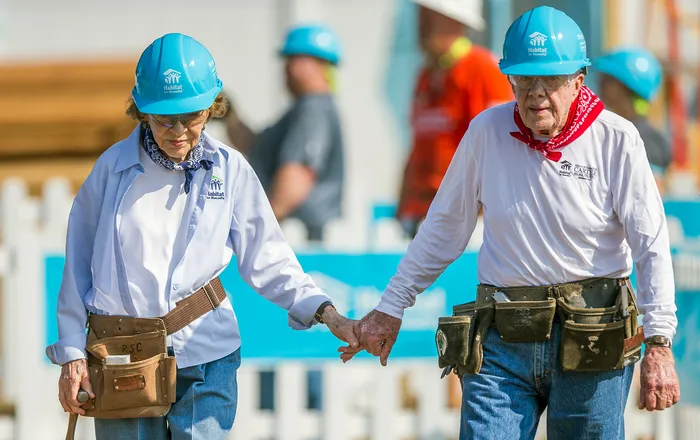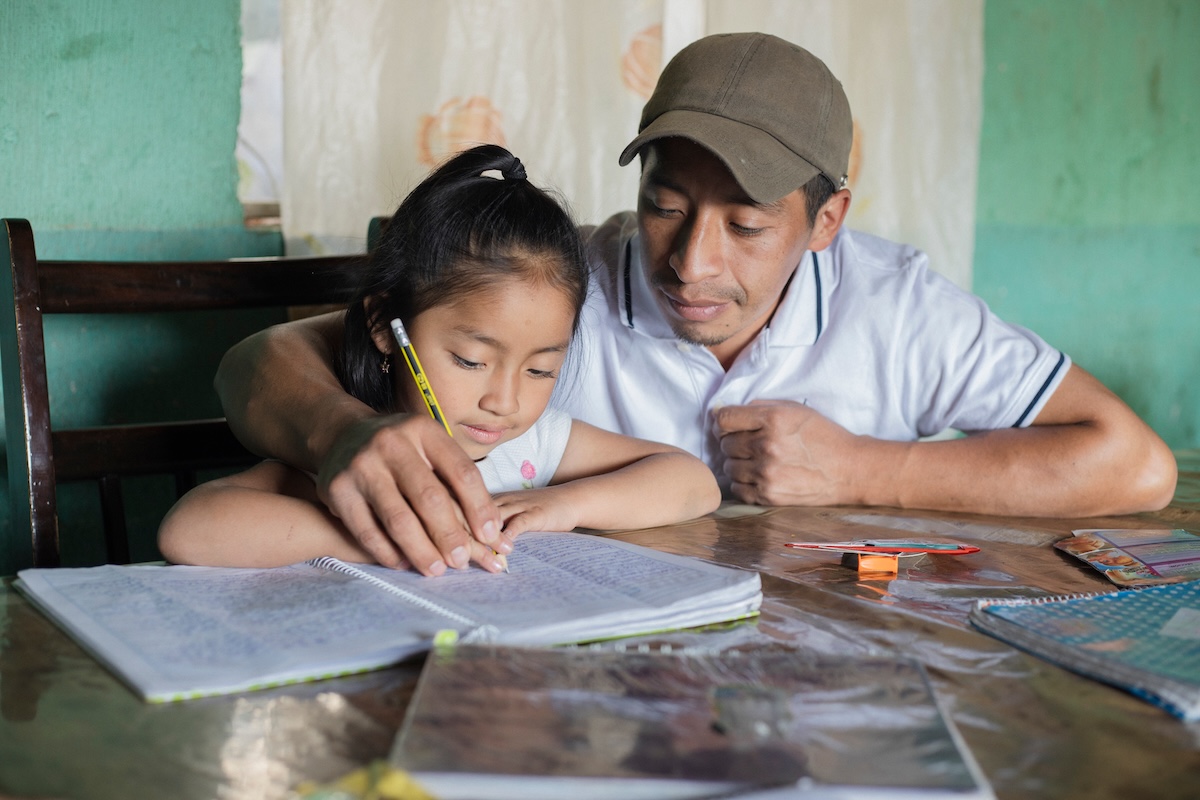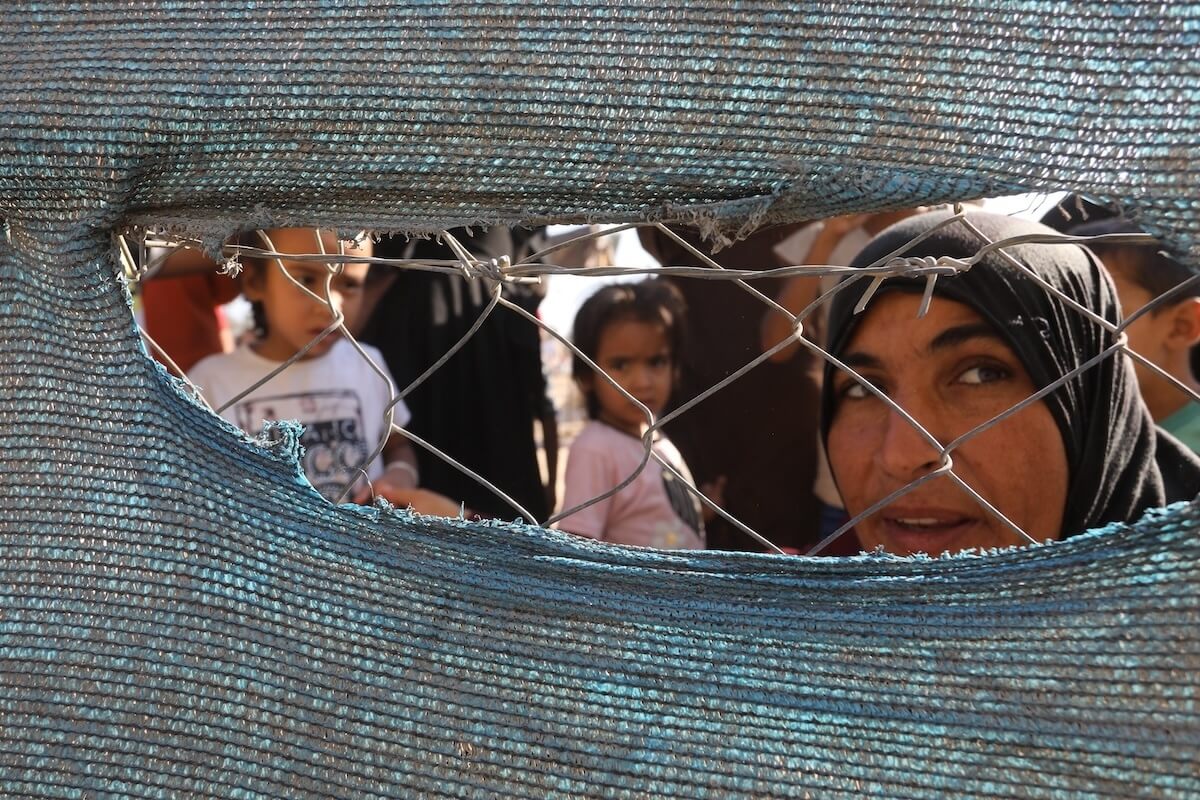Commentators and Saturday Night Live were not always kind to Jimmy Carter when he served as the 39th President of the United States.
But as we lay a great and good man to rest, I believe history will treat him generously. Whatever faith you subscribe to, Jimmy Carter showed us how to live it. Not in a way reserved for Sabbath, but in a way that is persistent, authentic, and sometimes, sweaty.
Jimmy Carter catapulted Habitat for Humanity’s mission of simple, decent affordable housing for all God’s people onto the big stage, and in doing so, wrote a new kind of post-presidential legacy. I first met President Carter at a Habitat build in Houston during the summer of 1993. Volunteers wore T-shirts that read, “You don’t want to go to hell because you know how hot it is there.”
President Carter walked the 100-home construction site monitoring progress while volunteers simultaneously tried to look busy and catch a glimpse of #39. POTUS had little appetite for breaks and photo ops. He was there to work, and he expected you were, too.
When I was the founding executive director of a new Habitat affiliate in Virginia 25 years ago, Habitat had a short list of tools that it used to build homes: donations, volunteer labor and prayer. Homes were sold at 0% interest and local affiliates like mine then waited for mortgage payments from families to trickle in over a 20- or 30-year term. Thanks, in part, to the personal involvement of the Carters, Habitat’s mission and model was growing but so was the affordability gap. With leadership from Jonathan Reckford, Habitat’s CEO, Habitat began to employ the tools of finance to scale its impact.
Today, Habitat partners with microfinance institutions, uses New Market Tax Credits, provides mortgage financing and has a CDFI. This sophisticated financing toolkit powers the Habitat ministry through 1,000 affiliates in the US and in 70 countries across the globe.
More important than the houses he helped build was the awareness that Jimmy Carter brought to the human right to decent housing. When the Carters started volunteering with Habitat in the 1980s, the price-to-housing affordability ratio – the ratio of the cost of your house to your family income – was starting to pull away from families. The situation has grown to crisis levels as home prices have significantly outpaced income growth — a reality that has hit low- and moderate-income households hard. For many, the American Dream of homeownership is a mirage.
Housing is the “super vitamin” for so many outcomes at the individual and community level: better educational outcomes, better health outcomes, more wealth, more jobs. I believe President Carter knew it isn’t just about an affordable home. It is about the security, dignity and wealth-building that comes with ownership – something that has been actively denied to so many for so long.
Jimmy Carter knew that America can’t be great if only some of us are doing great. His legacy of service lives on in each person who picks up a hammer, makes a donation, uses the tools of impact investment, or votes for policies that promote inclusion and provide opportunity.
Well done, good and faithful servant.
Kimberlee Cornett is the director of impact investments at the Robert Wood Johnson Foundation and a member of Habitat for Humanity’s International board of directors.
Disclosure: The Robert Wood Johnson Foundation is a sponsor of ImpactAlpha’s coverage of Muni Impact.












